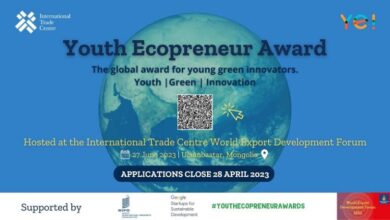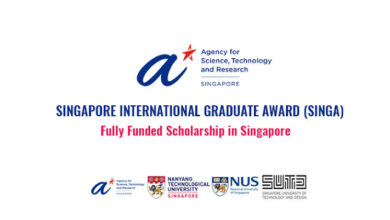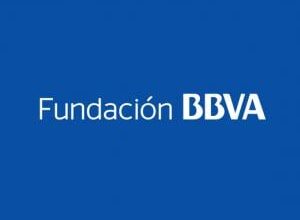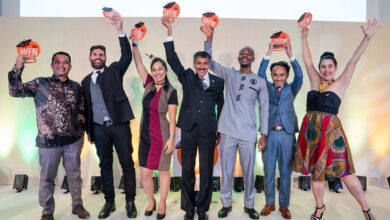
The United Nations Educational, Scientific and Cultural Organization (UNESCO) is a specialized agency of the United Nations (UN) with the aim of promoting world peace and security through international cooperation in education, arts, sciences and culture. It has 194 member states and 12 associate members, as well as partners in the non-governmental, intergovernmental and private sector. Headquartered in Paris, France, UNESCO has 53 regional field offices and 199 national commissions.
UNESCO was founded in 1945 as the successor to the League of Nations’ International Committee on Intellectual Cooperation. Its constitution establishes the agency’s goals, governing structure, and operating framework. UNESCO’s founding mission, which was shaped by the World War II, is to advance peace, sustainable development and human rights by facilitating collaboration and dialogue among nations. It pursues this objective through five major programme areas: education, natural sciences, social/human sciences, culture and communication/information. UNESCO sponsors projects that improve literacy, provide technical training and education, advance science, protect independent media and press freedom, preserve regional and cultural history, and promote cultural diversity.
UNESCO’s activities have broadened over the years. It assists in the translation and dissemination of world literature, helps establish and secure World Heritage Sites of cultural and natural importance, works to bridge the worldwide digital divide, and creates inclusive knowledge societies through information and communication. UNESCO has launched several initiatives and global movements, such as Education For All.
Created in 1997, the annual UNESCO/Guillermo Cano World Press Freedom Prize honours a person, organization or institution that has made an outstanding contribution to the defence and, or promotion of press freedom anywhere in the world, and especially when this has been achieved in the face of danger.
The Prize was established on the initiative of UNESCO’s Executive Board and is formally conferred by UNESCO, on the occasion of World Press Freedom Day, on 3 May.
It is named in honour of Guillermo Cano Isaza, a Colombian journalist who was assassinated in front of the offices of his newspaper El Espectador in Bogotá, Colombia on 17 December 1986.
Benefit:
- Prize of $25,000.
Eligibility:
- Candidates shall have made a significant contribution to press freedom anywhere in the world representing all types of media including digital media.
- Institutions, other entities or non-governmental organizations who meet the above mentioned criteria are also eligible to apply.
Application:
- Member states should nominate candidates by submitting a nomination form. The nomination form can be downloaded by clicking on the “Apply Now” button below.







